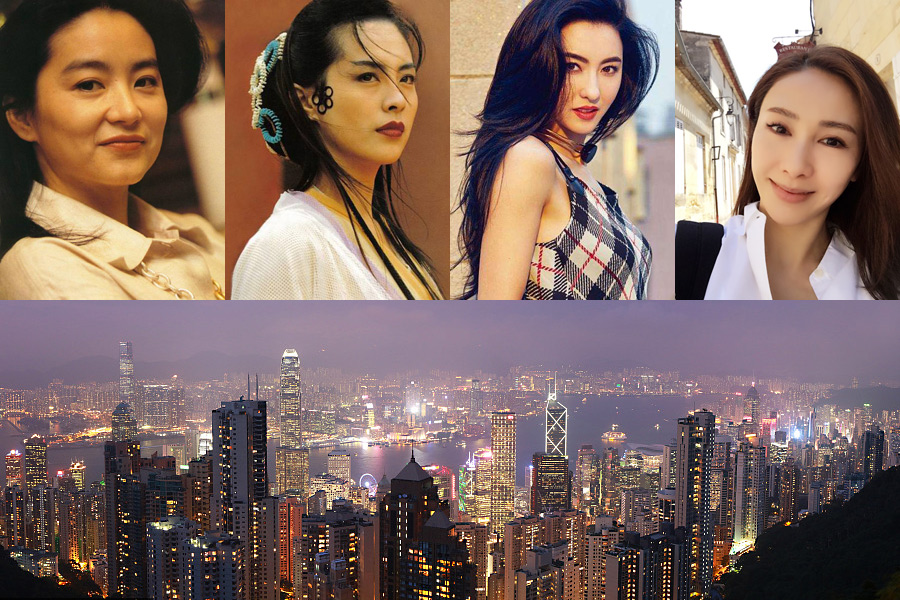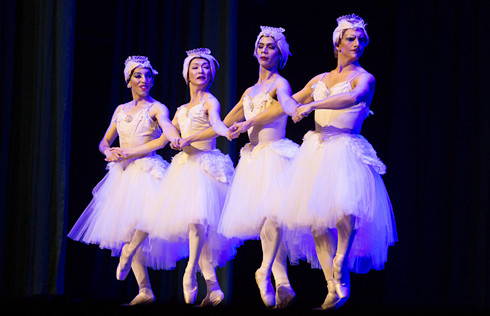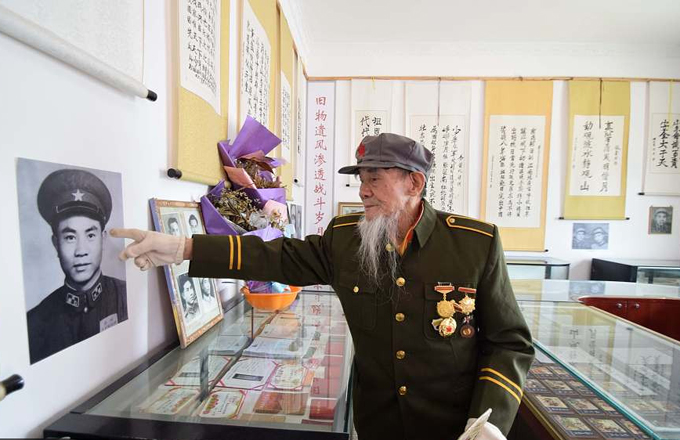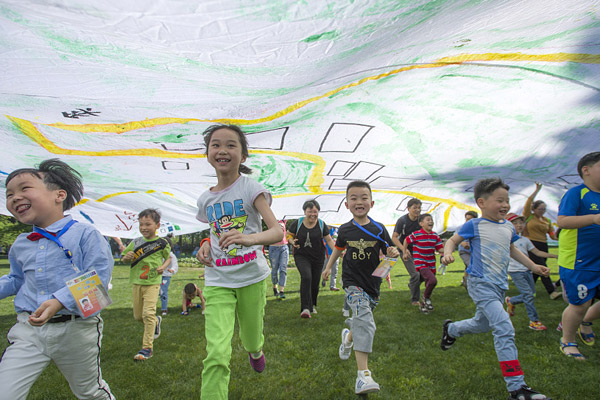The evolution of Hong Kong culture: Beauty power
 |
|
"Hong Kong people take pride in beauty and are always delighted to talk about the power of Hong Kong beauty," a professor said. [Photo/Mtime and VCG] |
Hong Kong, once nicknamed as China's cultural desert, has risen to become a significant cradle of Asian culture in the past four decades.
Elements of traditional Chinese culture combining western cultural influences have shaped Hong Kong in every facet of lifestyle, spanning from the music available to TV dramas, films, books, food and what many people consider to be aesthetically pleasing.
Zhang Qunguan, professor of Shanghai International Studies University, said while it seemed to be improper to talk about the appearance of particular women in the traditional minds of many, Hong Kong people were definitely the exception.
"Hong Kong people take pride in beauty and are always delighted to talk about the power of Hong Kong beauty," he said.
Since the 1980s, Hong Kong has produced a number of influential female celebrities. Beautiful and charming, these celebrities have become an integrated part of Hong Kong culture and contributed a lot to the peak of the special administrative region's entertainment circle.
So, what makes the Hong Kong beauty?
Unique geographical advantages
As a cosmopolitan city in the southern part of China, Hong Kong is renowned for its deep natural harbor, used by many international cargo ships, and its impressive skyline, with a very high density of skyscrapers.
It also stands as one of the world's most significant financial centers.
The factors above have led to frequent population transfer, and quite a few foreigners have decided to permanently move to Hong Kong because of this.
Being born into a mixed-race family is also not a scarce occurrence in Hong Kong.
And it is a universal truth a person of mixed blood has an edge on appearance.
For those who have grown up in a multi-cultural environment, many mixed-raced children have developed a unique character which combines the tradition of eastern people and the openness of westerners.













